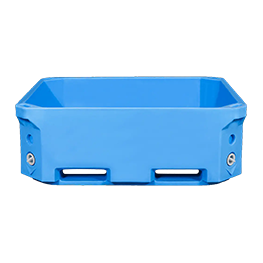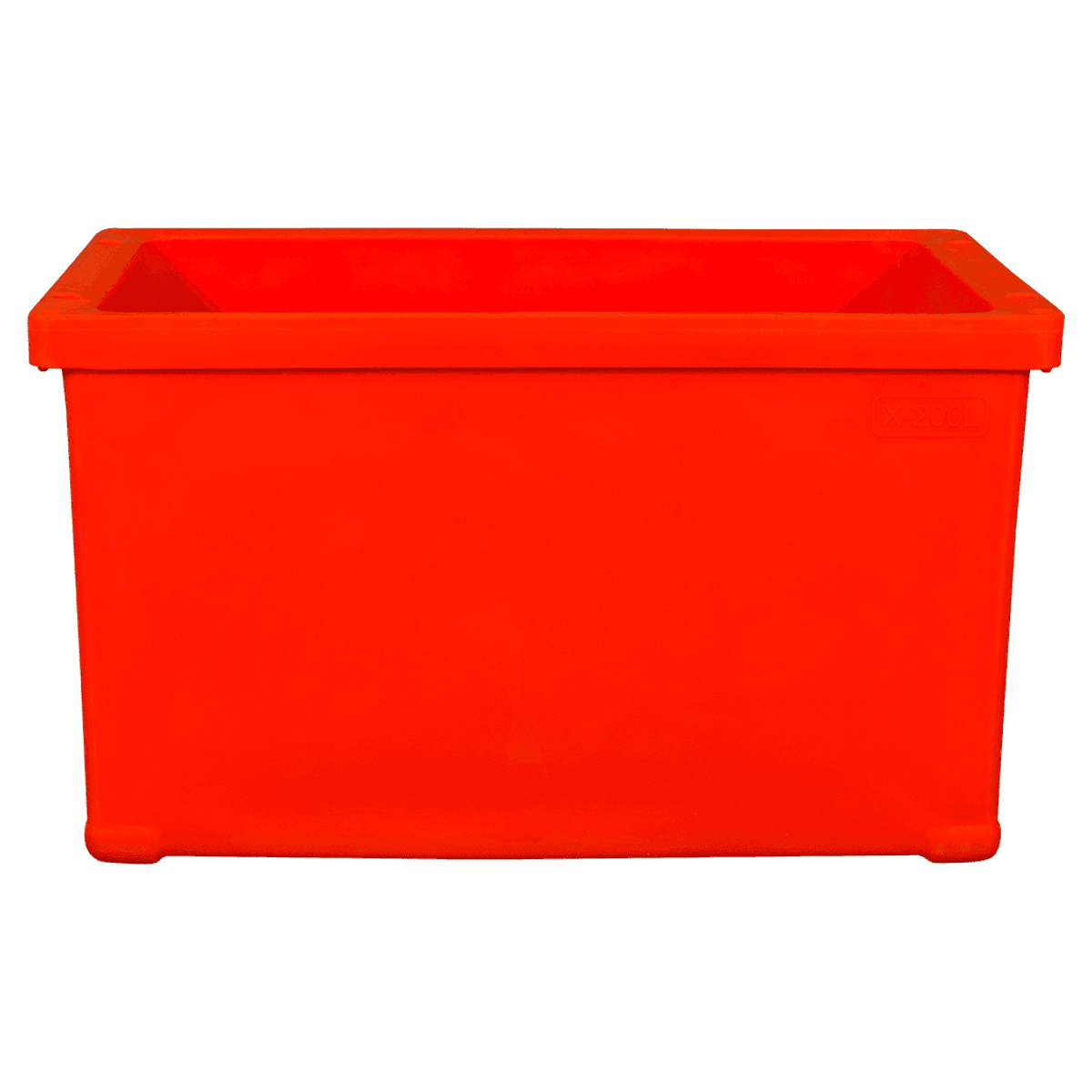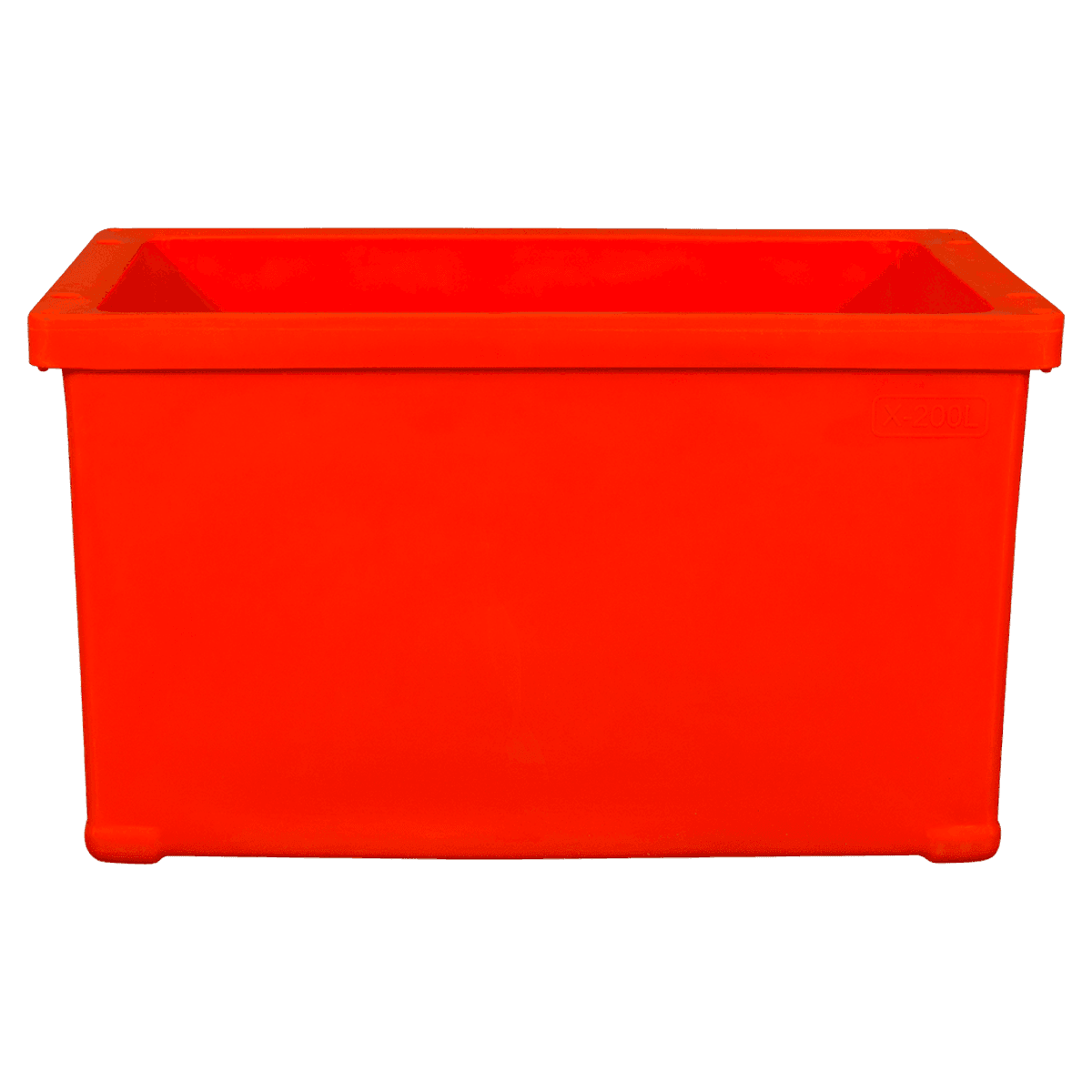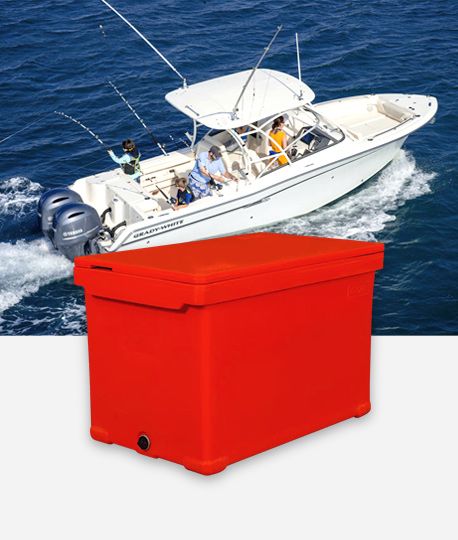1. Temperature Control
Insulated plastic containers effectively control the temperature of food through their specially designed insulation. These containers are usually double-walled, with insulation (such as foam or air) between the inner and outer layers. This design can effectively isolate the changes in the outside temperature and keep the food inside the container at a preset temperature.
Keep hot food warm: When you store hot food in this container, the inner layer can effectively keep the food hot, prevent the food from cooling quickly, and keep it hot. Whether you are going out for a picnic or bringing lunch to the company, insulated containers can ensure that the food stays warm.
Keep cold food fresh: Similarly, cold food can also benefit from this. The insulation layer can effectively prevent the hot air outside from affecting the food and keep the food at a low temperature. It is especially suitable for storing perishable foods such as salads, cold drinks or seafood in summer.
2. Prevents Bacteria Growth
Temperature fluctuations are one of the main causes of bacterial growth. Especially when food is stored in an unsuitable temperature environment, bacteria will multiply rapidly, causing food to spoil. Insulated plastic containers can effectively inhibit the growth of this bacteria by maintaining a stable temperature.
Maintaining the right temperature: When you store hot or cold food in a container, the insulation of the container can keep the food in a stable temperature range, preventing the temperature from rising or falling to the danger zone (generally between 4°C and 60°C).
Reduce the risk of spoilage: Especially for perishable foods such as cooked food, dairy products and seafood, insulated containers can delay the deterioration of these foods and reduce the health risks caused by bacterial growth.

3. Reduces Moisture Loss
Most insulated plastic containers are designed with a lid that seals well to prevent air and moisture from escaping. Moisture is the key to keeping food fresh, especially for foods that dry easily, such as vegetables, fruits and bread.
Retaining moisture: The sealed design effectively prevents moisture from evaporating, allowing the texture and taste of food to be maintained. For example, lettuce, tomatoes and other fruits and vegetables can maintain their original moisture in a sealed environment to prevent shrinking or drying out due to water loss.
Prevents fruits and vegetables from drying out: Some specially designed containers also have ventilation holes or moisture regulation systems to further help food maintain the optimal moisture balance, especially suitable for long-term food storage or pre-meal preparation.
4. Prevents Odor Transfer
If you store a variety of different foods in your kitchen, especially foods with strong odors, such as onions, garlic or spices, the sealing design of insulated plastic containers will effectively prevent these food odors from penetrating each other.
Keep the original flavor of food: Good insulated containers use sealing lids or press lids to ensure that odors are completely blocked. In this way, when storing different types of food, the taste of the food will not be affected by the transfer of odors, especially when storing leftovers or sharing meals.
Avoid odor contamination: For example, you may store peppers or fish in the same refrigerator, and strong odors will affect the taste of other foods if they penetrate each other. Insulated containers avoid this odor contamination problem.
5. Keeps Food at Ideal Eating Temperature
An effective insulated plastic container can not only keep food fresh, but also ensure that the food is at the optimal temperature when it is eaten. Whether it is a lunch box, travel food or picnic food, the role of insulated containers is very obvious.
Travel-friendly: For example, you can prepare breakfast, lunch or dinner in advance and store it in the container. Whether it is hot rice or cold salad, the food can be kept at a suitable temperature, reducing the quality loss of food during travel.
Enjoy at any time: No matter how long you eat it, you can keep the food at the ideal temperature. For some people who like warm food, insulated containers are especially important, which can prevent food from getting cold at noon or becoming unfit for consumption due to changes in the outside temperature at night.
6. Durable and Leak-Proof
High-quality insulated plastic containers usually have excellent durability and impact resistance. They can withstand daily use and falls without cracking easily. Many of this type of container also have a leak-proof design.
Strong durability: Most high-quality insulated containers use food-grade plastic and sturdy materials to withstand long-term use and are not easy to deform or damage. You can safely put them in your bag, refrigerator or car without worrying about damage.
Leak-proof design: The leak-proof sealing lid and twist-on lid design can prevent liquid leakage and maintain the integrity of food. Even if you carry liquid foods such as soups, sauces or yogurt, you don’t have to worry about accidental leaks and avoid unnecessary messes.
7. Ideal for Meal Prep and Travel
Insulated plastic containers are ideal for meal prep and travel. Not only do they keep food fresh, but they also make it easy to carry a variety of ingredients.
Meal Prep: If you like to prepare meals in advance, these containers can help you store your prepared meals to ensure that they remain delicious during busy weekdays or when traveling. Whether it is vegetables, main dishes or snacks, insulated containers can extend their shelf life.
Travel Food: When traveling, insulated containers provide you with a convenient food storage solution, especially when traveling for long distances or camping in the wild. You can safely put food in the container to prevent it from spoiling or losing its original fresh taste.
8. Saves You Money
By extending the shelf life of food, insulated plastic containers help reduce food waste. You no longer need to throw away expired food, which can save you money on shopping.
Reduce Waste: For example, if you cook a big meal, the leftover food may spoil quickly. But using insulated containers can extend the shelf life of leftovers, thereby reducing waste and avoiding unnecessary expenses.
Save money: While reducing food waste, you don't need to buy fresh ingredients as frequently, reducing additional shopping expenses. For those who store food for a long time or prepare meals, insulated containers can help you effectively control your food budget.


 English
English Español
Español عربى
عربى 中文简体
中文简体
-4.png)
-4.png)
-2.png)

-2.png)
-2.png)




